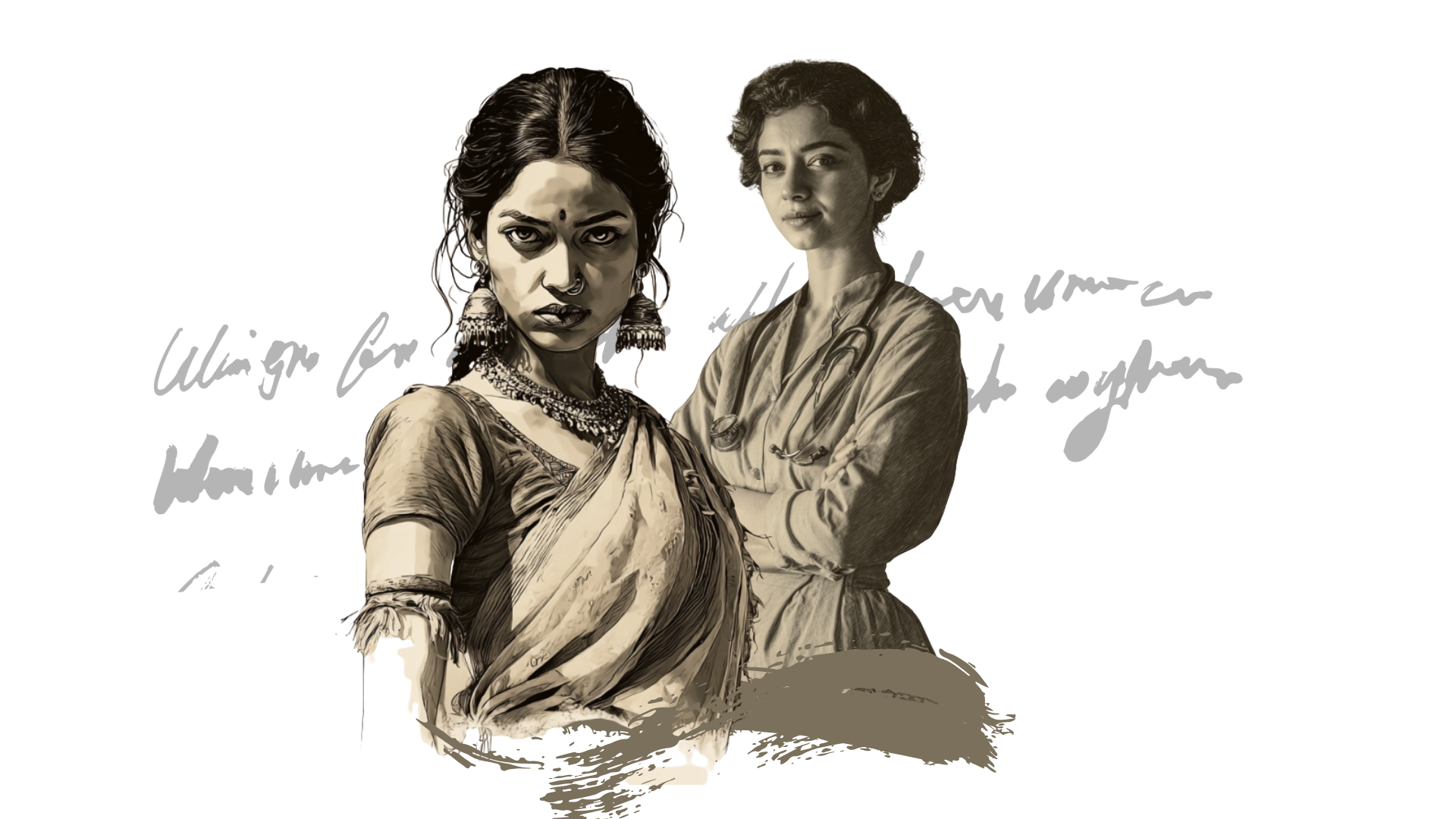Powerful & Provocative: Stories About Activism, Our World and Our Rights.
The phrase "The pen is mightier than the sword" was first popularised by Edward Bulwer-Lytton in his 1839 play Richelieu; Or the Conspiracy. It still deeply resonates in today’s world of politics, activism, and social reform. In an evolving geopolitical and humanitarian landscape, it rings true that real power and impact often lies not in physical force but in ideas, narratives, and language…
And the power of the pen.
Though the phrase is modern in form, its roots run deep. The Assyrian sage Ahiqar once wrote in the 7th century BCE, the earliest known version of this phrase,“The word is mightier than the sword.” . A similar sentiment appears in the work of Greek playwright Euripides (c. 406 BCE), who is believed to have written, “The tongue is mightier than the blade.”
Across time and cultures, this idea has endured because it speaks to a timeless truth: words shape minds, and minds impact the world. In an age where battles are fought in headlines and viral stories, the pen (whether physical or digital) can be used to symbolize expression, resistance, and imagination.
This is all to say; stories and narratives have real driving power in our world, they don’t just reflect reality or report on current events, they play an active role in shaping it all.
And one thing about history? It has shown us that hindsight is a powerful teacher. There are many writers who were beyond their time, having written incredible pieces of literature, penned activism and narrative non fiction, to provoke reflection on a global scale.
In politics, narratives are strategic tools often forged to shape public opinion. They can be constructed, suppressed, or reframed, but once released, their impact can outlast policies or leaders; even empires.
In activism, stories are the emotional core of a movement and the driving force for human impact. Beyond data and slogans, it’s about lived experience through spoken, written, or filmed content. A single testimony can humanise a crisis, galvanize support, and shift societal norms.
Stories aren't merely for decoration; they often develop to become evidence of injustice and blueprints for change.
Building on the immense power of narrative, two stories stand out to me as potent examples of literature that not only reflect their cultural and political landscapes but continue to resonate through the ages. Draupadi by Mahasweta Devi and Memoirs of a Woman Doctor by Nawal El Saadawi.
Both works are concise but expansive in impact, written by two fearless women who wielded fiction as a form of resistance and power.
Draupadi by Mahasweta Devi (India, 1978)
Written in post-Emergency India, Draupadi is a brutal short story that reimagines the mythological figure of Draupadi in a modern, insurgent context. The protagonist, Dopdi Mejhen, is a tribal woman and Naxalite rebel who is captured, tortured, and raped by state forces. But instead of being broken, she confronts her violators in an act of radical defiance, using her violated body as a weapon, not a site of shame.
Cultural context: India in the 1970s was reeling from political repression, inequality, and the violent suppression of movements like the Naxalite uprising. Mahasweta Devi, a writer and activist, turned to literature to expose the systemic oppression of tribal communities and the violence of the state.
Relevance in 2025: Draupadi remains searingly relevant in today’s global climate, where state violence, gendered oppression, and Indigenous displacement continue. The story speaks directly to struggles around bodily autonomy, resistance, and the weaponization of silence, issues that transcend borders.
Draupadi, written by Mahasweta Devia and translated by Gayatri Chakravorty Spivak, can be found here.
Memoirs of a Woman Doctor by Nawal El Saadawi (Egypt, 1958)
This semi-autobiographical novella follows a young Egyptian woman who rejects patriarchal norms to pursue a career in medicine. She battles internalized misogyny, societal expectations, and emotional alienation in her quest for autonomy. El Saadawi’s protagonist doesn’t merely seek equality—she demands liberation on her own terms.
Cultural context: Written in the aftermath of Egypt’s 1952 revolution, at a time when women’s rights were still largely denied, El Saadawi’s work broke ground by depicting a woman rejecting both traditional gender roles and the compromises often demanded by society.
Relevance in 2025: As reproductive rights, gender norms, and religious politics continue to dominate discourse worldwide, Memoirs of a Woman Doctor is more than a historical fictional account, it’s a mirror to ongoing battles. In an era of resurgent feminist backlash, the protagonist’s quiet rage and refusal to conform feel renewed and urgent.
Paperback editions are widely available and in stock via Amazon, Barnes & Noble, and other retailers.
~
In an era defined by competing truths and constant information flow, those who control the story often control the outcome, and those who write the story become vehicles. Eventually, legends.
What are some of the most impactful stories you have read, that have stayed with you?

